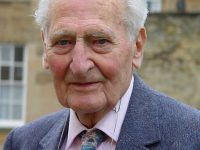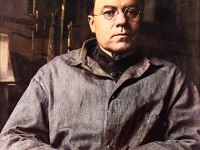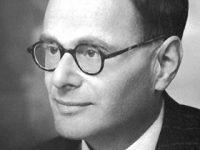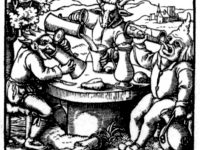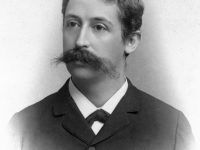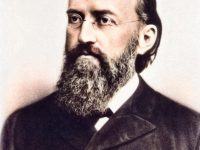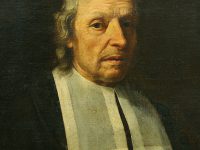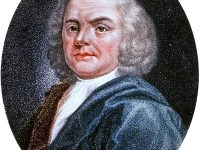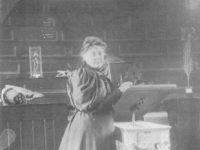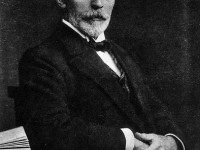Sir Richard Doll and the Risks of Smoking
On October 28, 1912, British physiologist and epidemologist Sir Richard Doll was born. Doll was a pioneer in research linking smoking to health problems. With Ernst Wynder, Bradford Hill and Evarts Graham, he was credited with being the first to prove that smoking caused lung cancer and increased the risk of heart disease. Richard Doll – Early Years Richard Doll was born at Hampton, Middlesex, UK, into an affluent family, though his…
Read more

